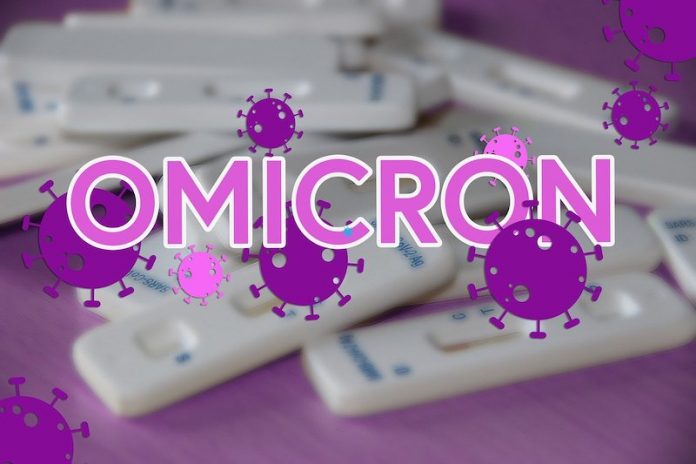
In a new study from Columbia University, researchers found only one currently authorized antibody treatment retains its activity against all Omicron subvariants.
They also found that the effectiveness of mRNA vaccines is reduced against all three subvariants of Omicron.
Omicron is a highly transmissible variant of SARS-CoV-2 that has caused the biggest surge in COVID cases so far in many countries.
Researchers have identified three subvariants of Omicron that share 21 mutations in the spike protein, and named them BA.1, BA.1.1 and BA.2.
When Omicron was first identified in November 2021, the dominant variant was BA.1. Since December, BA.1 cases have declined, while BA1.1 cases have risen and now make up around 40% of all Omicron cases sequenced globally.
The BA.2 subvariant currently represents only 10% of all Omicron cases globally but is increasing in prevalence.
In the study, the team tested the ability of 19 monoclonal antibodies and the sera from individuals immunized with one of two available mRNA vaccines to neutralize the three known subvariants of Omicron.
Consistent with their previous study on the BA.1 variant, the researchers observed a similar loss of neutralization activity against BA.1.1 and BA.2 in blood samples from individuals who had received two mRNA shots.
However, the decline in neutralization was less prominent in blood samples from individuals who had received three mRNA shots, reinforcing the importance of booster shots for sustaining immunity.
The team also found that all three variants exhibited strong resistance to most of the monoclonal antibodies tested. Of 19 antibodies, 17 were ineffective against the BA.2 subvariant.
The researchers found that bebtelovimab, the latest monoclonal antibody to receive FDA Emergency Use Authorization, is the only currently available antibody therapy that can adequately treat all three Omicron subvariants.
They say that the emergence of new variants is narrowing the treatment options and challenging the effectiveness of our current vaccines.
It is critical that researchers don’t relax prematurely and continue to devise novel strategies to contain this ever-evolving pathogen.
If you care about Omicron, please read studies that prior COVID infection less protective against Omicron, and you need three COVID-19 exposures to get a broad immunity for omicron.
For more information about Covid, please see recent studies that ‘Son of omicron’ more contagious than original strain, and results showing this new inhaled vaccine delivers broad protection against COVID-19, variants.
The study is published in Nature and was conducted by David D. Ho et al.
Copyright © 2022 Knowridge Science Report. All rights reserved.



